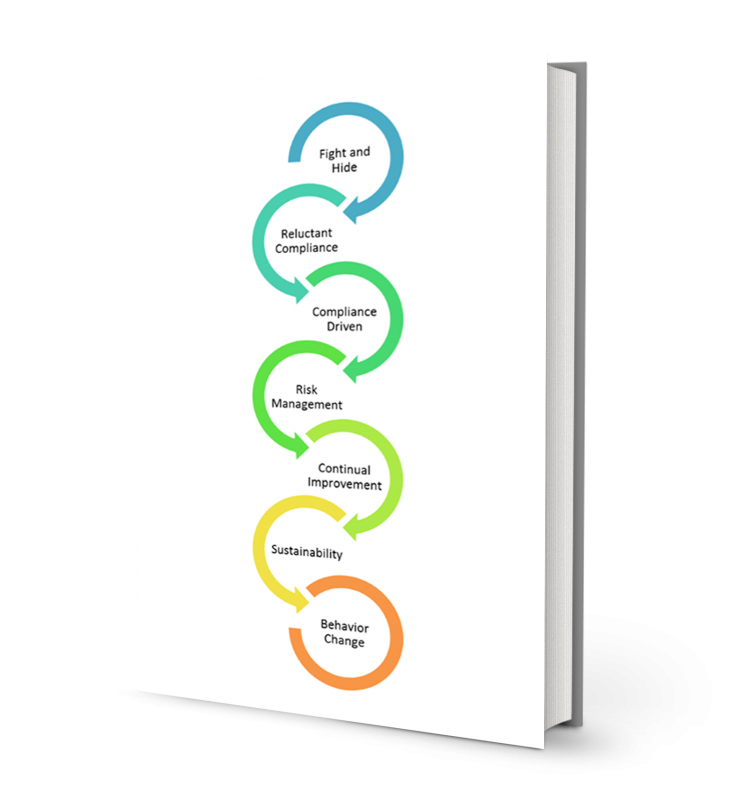EXTENT OF INTEGRATION OF ARTIFICIAL INTELLIGENCE IN TEACHING AND LEARNING IN PUBLIC UNIVERSITIES IN ANAMBRA STATE
Nwogbo, Vivian N
vn.nwogbo@unizik.edu.ng Department of Educational Management and Policy, Faculty of Education Nnamdi Azikiwe University, Awka, Anambra State
Agogbua, Victor U
vu.agogbua@unizik.edu.ng Department of Educational Management and Policy, Faculty of Education Nnamdi Azikiwe University, Awka, Anambra State
Anierobi, Elizabeth Ifeoma
ei.anierobi@unizik.edu.ng Department of Educational Foundation, Faculty of Education Nnamdi Azikiwe University, Awka, Anambra State
The study examined the extent of integration of artificial intelligence (AI) in teaching and learning in public universities in Anambra State. Three research questions guided the study. The study adopted the descriptive survey research design. The population of the study comprised 7,520 academic staff in all public universities in Anambra State. The sample comprised 376 academic staff in randomly drawn from the population of the study. The instrument for data collection was a questionnaire titled “Questionnaire on the Integration of Artificial Intelligence in Teaching and Learning (QIATL)”. The instrument has 30-items comprising three clusters A, B and C structured on a four-point rating scale. The instrument was validated by three experts in Faculty of Education. The reliability of the instrument was obtained through Cronbach Alpha and it yielded an average coefficient of 0.80, 0.85 and 0.75 for clusters A, B and C respectively. The average coefficient value QIATL was 0.80 which was considered reliable and suitable for the study. Mean and standard deviation were used to answer the research questions and determined the relatedness of the respondents’ mean ratings. The study revealed that university management employs AI-based learning management systems to assist academic staff to enhance course delivery, incorporate AI-based educational applications into instructional delivery, integrate AI technologies into the assessment process to provide automated grading for students among others to a low extent; resistance to change among academics, concerns among senior lecturers about the potential for job displacement, insufficient training opportunities on how to effectively utilize AI tools among others as factors inhibiting the integration of AI in teaching and learning; while enhanced personalized learning experiences tailored to individual student needs, access to vast online learning resources, improved efficiency in administrative tasks, such as grading of student scores among others are opportunities associated with the integration of AI in teaching and learning in public universities in Anambra State. Based on the findings of the study, it was concluded that school management encourages the integration of artificial intelligence to enhance teaching and learning in public universities in Anambra State to a low extent. It was recommended among others that university management should consider investing in upgrading technological infrastructure and acquiring necessary software licenses to overcome challenges like inadequate technological resources and limited access to high-quality AI software to enable a smooth integration process in public universities in Anambra State.
Anyadike, U. C. (2019). Educational technology and its impact on teaching and learning.
International Journal of Scientific & Technology Research, 8(10), 8224-8228.
Endurance, A., Eunice N., Uzoma, A., Andor, S., & Orisakwe, C. (2021). Integration of Artificial Intelligence Tool (Ai-Chatbot) into Teaching and Learning: A Panacea for Improving Universities` Educational and Administrative Duties in South-South, Nigeria. Journal of Computer Science & Systems Biology, 14(6), 1-6.
Olelewe, C. J. & Onoh, E. (2017). Extent of use of intelligent tutoring system in teaching of
hardware maintenance in tertiary institutions in Enugu State. Computer Education Research Journal, 4, 1-6.
Omojuwon, O., & Ojo, S. B. (2021). Artificial Intelligence and Economic Development in Nigeria.
Journal of Sustainable Society, 7(2), 232-243.
Popenici, A. D. & Kerr, S. (2017). Exploring the impact of artificial intelligence on teaching and learning in higher education. Research and Practice in Technology Enhanced Learning, 12(22), 1-13.
Sandu, N. (2019). Adoption of AI-Chatbots to enhance student learning experience in higher
education in India. In 2019 18th International Conference on Information and Technology Based Higher Education Training.
Smith, J., Johnson, R., & Brown, A. (2023). Adoption of artificial intelligence in higher education:
Challenges and opportunities. Journal of Higher Education Management, 15(2), 45-58.
Ugochukwu, A.V., Adaobi, A.B., & Vivian, A.A. (2021). Primary Education Administration in Nigeria: Challenges and Strategies for Improvement. International Journal of Research and Scientific Innovation, 3(3), 101-105.
International Journal of Scientific & Technology Research, 8(10), 8224-8228.
Endurance, A., Eunice N., Uzoma, A., Andor, S., & Orisakwe, C. (2021). Integration of Artificial Intelligence Tool (Ai-Chatbot) into Teaching and Learning: A Panacea for Improving Universities` Educational and Administrative Duties in South-South, Nigeria. Journal of Computer Science & Systems Biology, 14(6), 1-6.
Olelewe, C. J. & Onoh, E. (2017). Extent of use of intelligent tutoring system in teaching of
hardware maintenance in tertiary institutions in Enugu State. Computer Education Research Journal, 4, 1-6.
Omojuwon, O., & Ojo, S. B. (2021). Artificial Intelligence and Economic Development in Nigeria.
Journal of Sustainable Society, 7(2), 232-243.
Popenici, A. D. & Kerr, S. (2017). Exploring the impact of artificial intelligence on teaching and learning in higher education. Research and Practice in Technology Enhanced Learning, 12(22), 1-13.
Sandu, N. (2019). Adoption of AI-Chatbots to enhance student learning experience in higher
education in India. In 2019 18th International Conference on Information and Technology Based Higher Education Training.
Smith, J., Johnson, R., & Brown, A. (2023). Adoption of artificial intelligence in higher education:
Challenges and opportunities. Journal of Higher Education Management, 15(2), 45-58.
Ugochukwu, A.V., Adaobi, A.B., & Vivian, A.A. (2021). Primary Education Administration in Nigeria: Challenges and Strategies for Improvement. International Journal of Research and Scientific Innovation, 3(3), 101-105.

